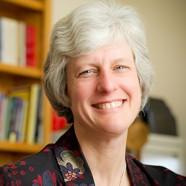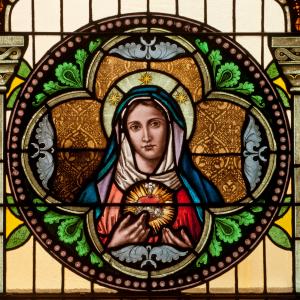
Crainshaw emphasizes in her writing and teaching how Christian worship and leadership arise from and return to human experience. Her current research includes visiting local bakeries, wineries, and community gardens to gain a deeper understanding of how worship’s sacramental elements are connected to local fields and farmers, waters and artisans. This research is the subject of a forthcoming book, Savoring Places, Saving Graces: Liturgy Distilled from Everyday Life (The Liturgical Press). Crainshaw’s teaching focuses on intersections between religious leadership and sustainability, social justice, and “grounded” human experiences. Crainshaw is the program director for the School of Divinity’s clergy leadership program, Clergy Making a Place: Early Career Pastors as Generative Community Leaders, funded through the Lilly Endowment, Inc. She is an ordained teaching elder in the Presbyterian Church (U.S.A.). Crainshaw is a regular contributor to Patheos’ Unfundamentalist Christians and The New Verse News, an online publisher of “politically progressive poetry on current events and topical issues.” Crainshaw recently edited Uncommon Words, Common Worship (Library Partners Press, WFU), a book featuring student liturgical writing completed as part of a course project.
She is the author of six books, the most recent is “They Spin with Their Hands”; “They Open Their Hands to the Needy”: Women’s Ordination Liturgies Shaping Priestly Communities.
Posts By This Author
Hearing the Silenced Ones
she: robed and wordless, by Lou Ella Hickman. Press 53.

Nancy Bauer / Shutterstock
SHE: ROBED AND WORDLESS, by Sister Lou Ella Hickman, is a word-feast of poetry about often-overlooked women in the Bible.
Hickman creates a beautiful narrative and poetic arc as she explores biblical terrain. I celebrate how the book gives voice and imagery to our foremothers. Each poem is well-crafted, and the book has been organized to guide readers into the question editor Tom Lombardo asks in his introduction to the book: “After Eve, who is the next woman named in the Bible?”
Hickman, a Catholic sister, is an oft-published poet who in this book weaves together with striking lyrical threads scriptural narratives and her own substantive imaginings about the hopes, dreams, and fears of women about whom we know very little. Many women in the Bible are unnamed and have no voice, but Hickman tunes our ears to listen for these ancient unheard ones. In doing so she invites us to see and hear the countless but wisdom-filled “robed and wordless” women in our communities today.